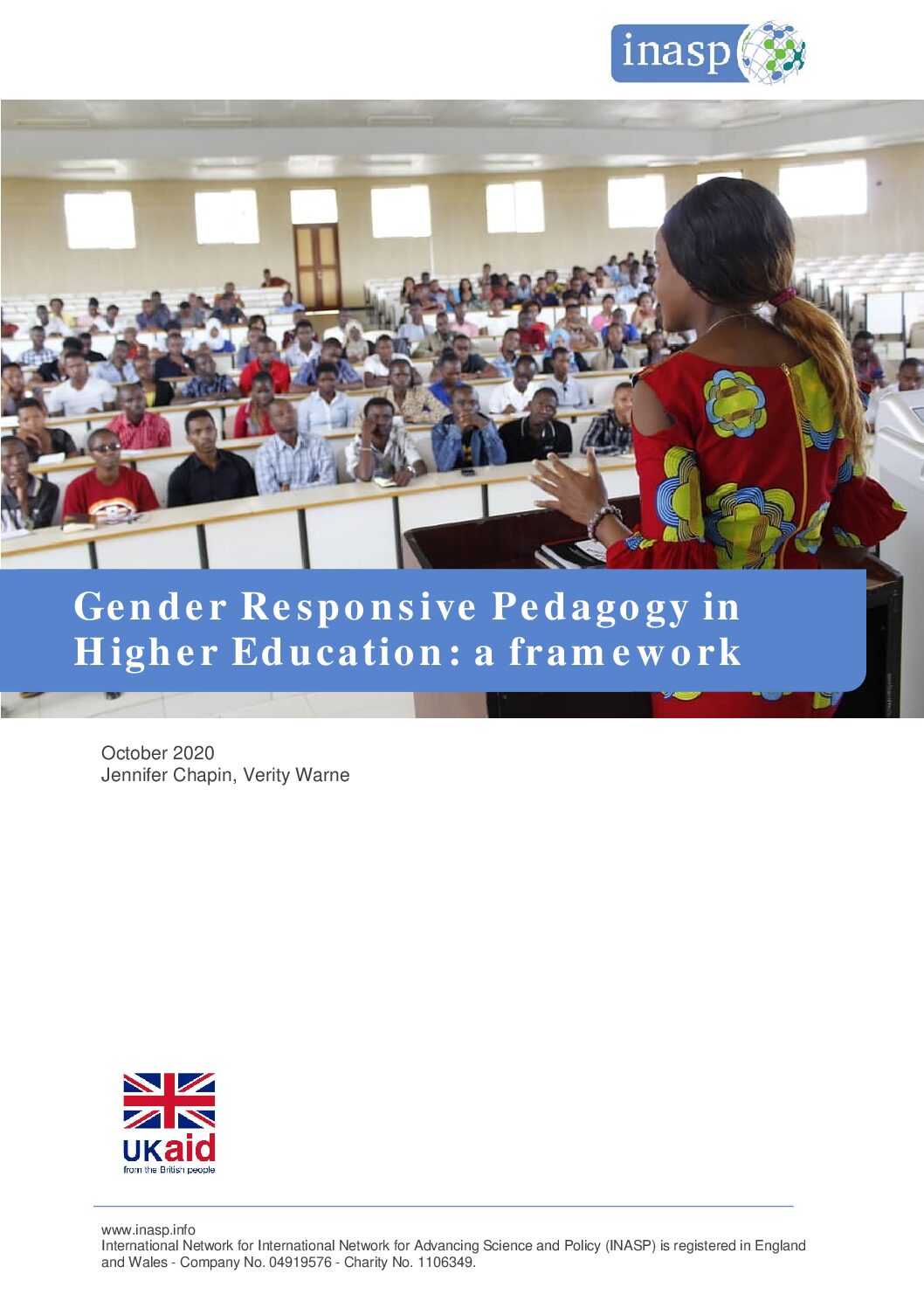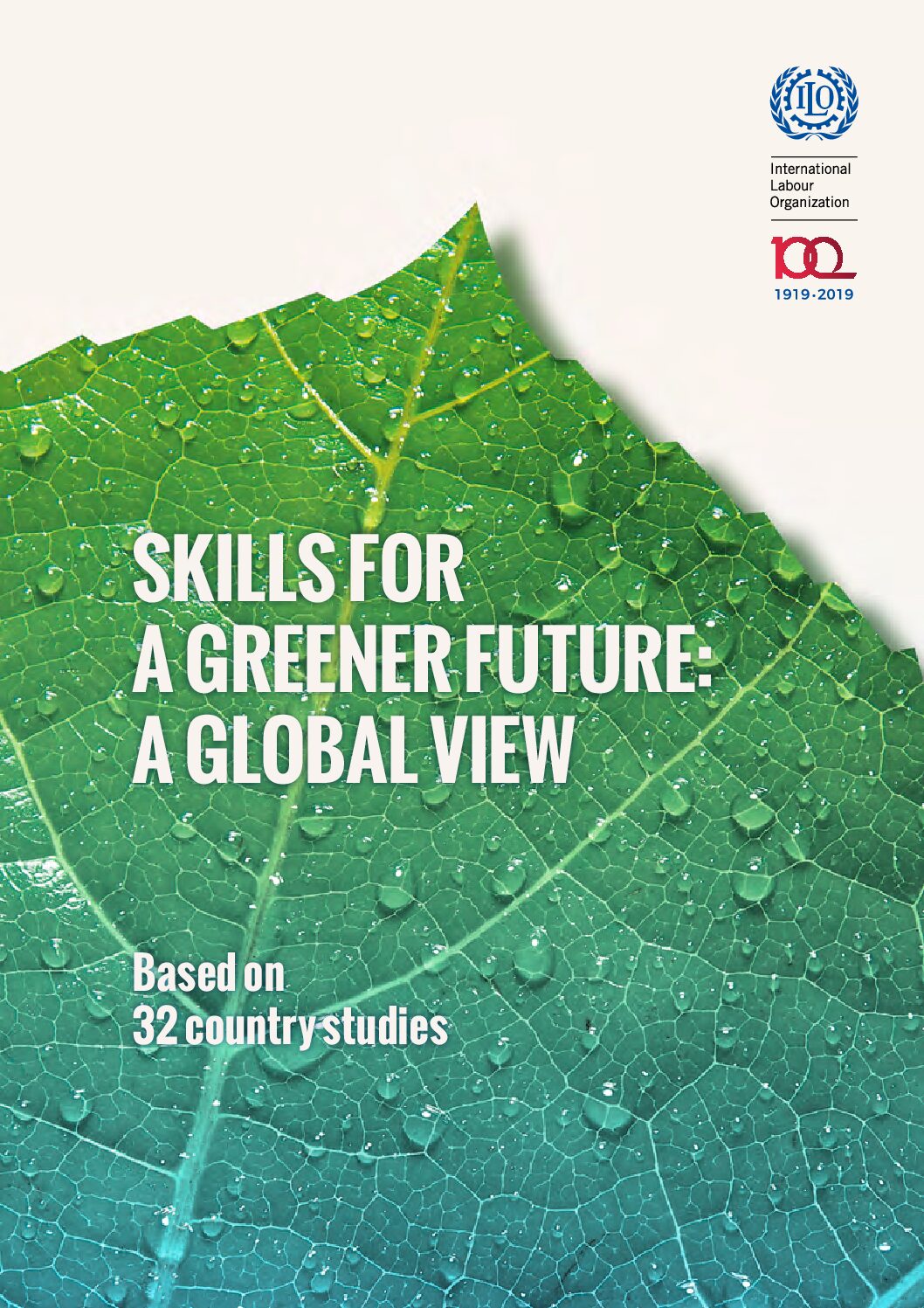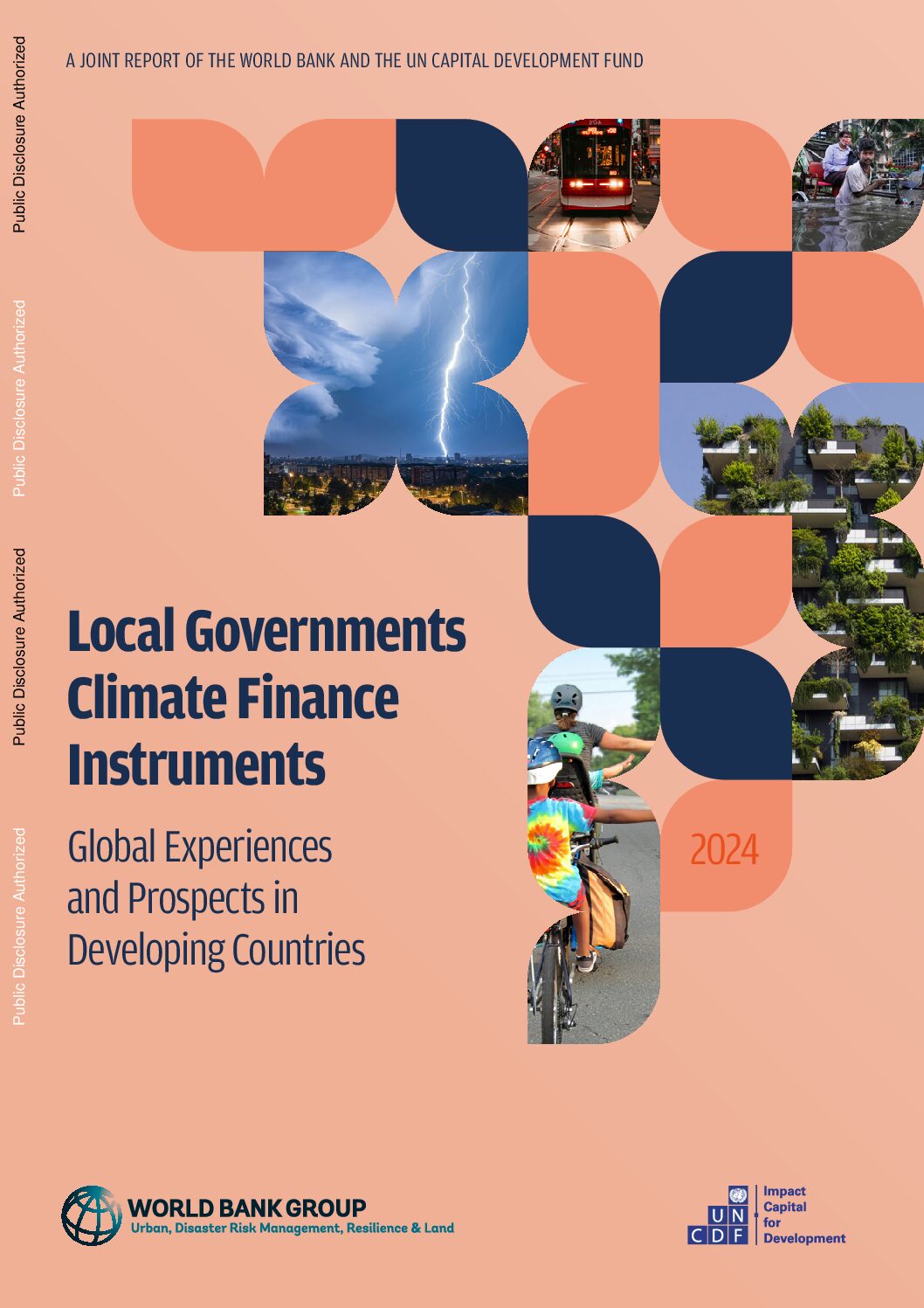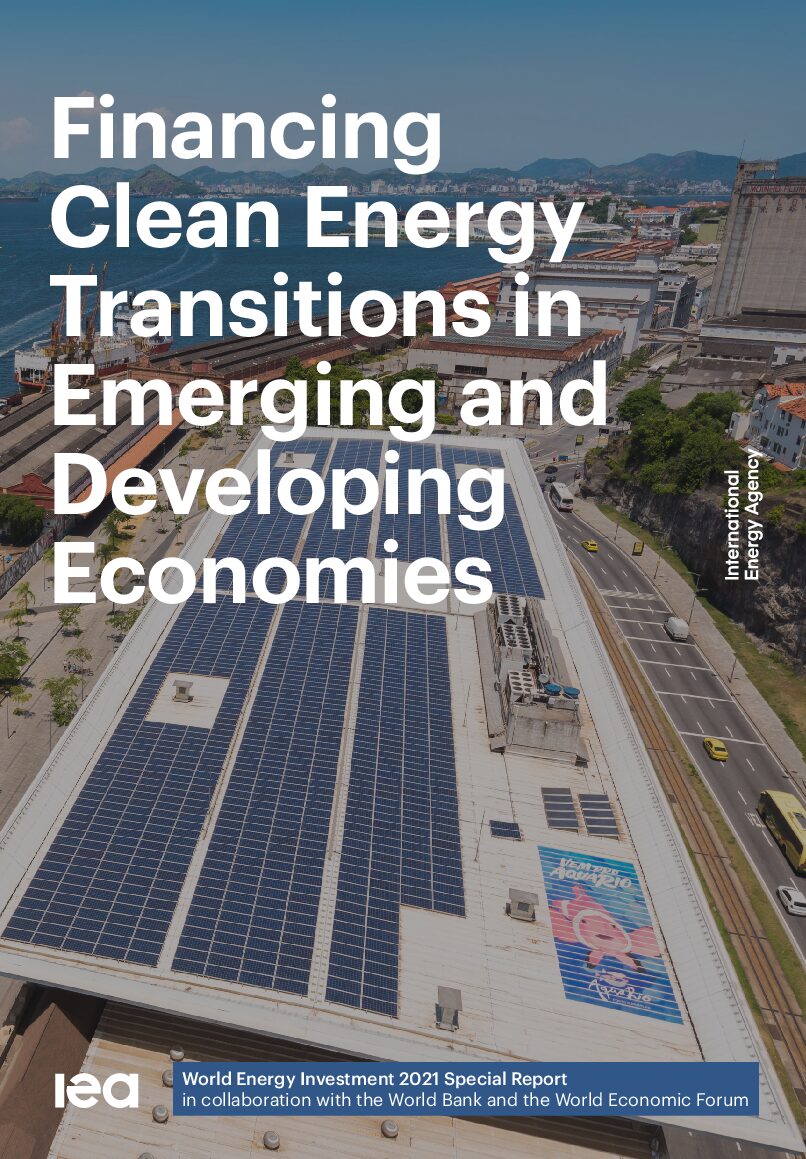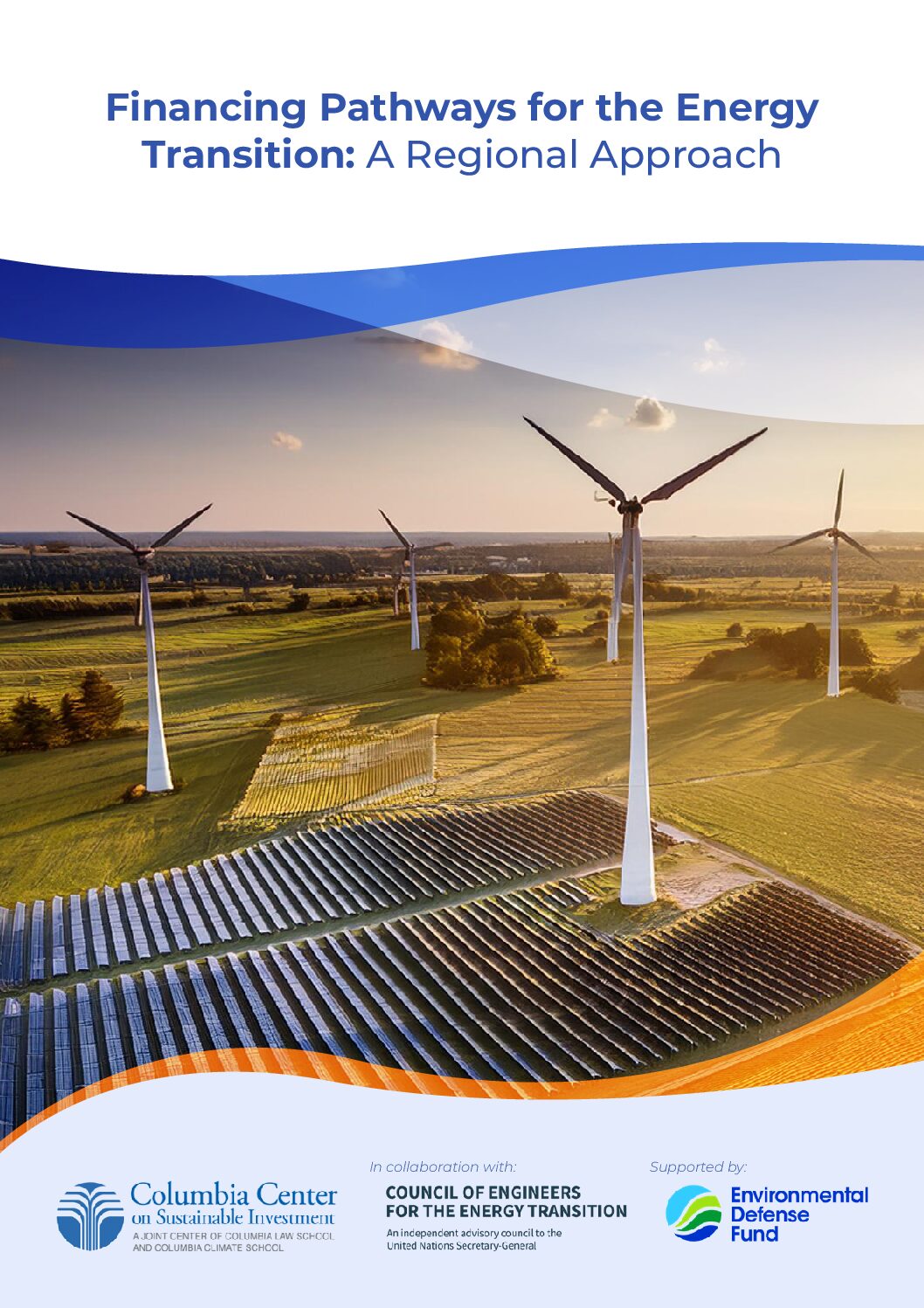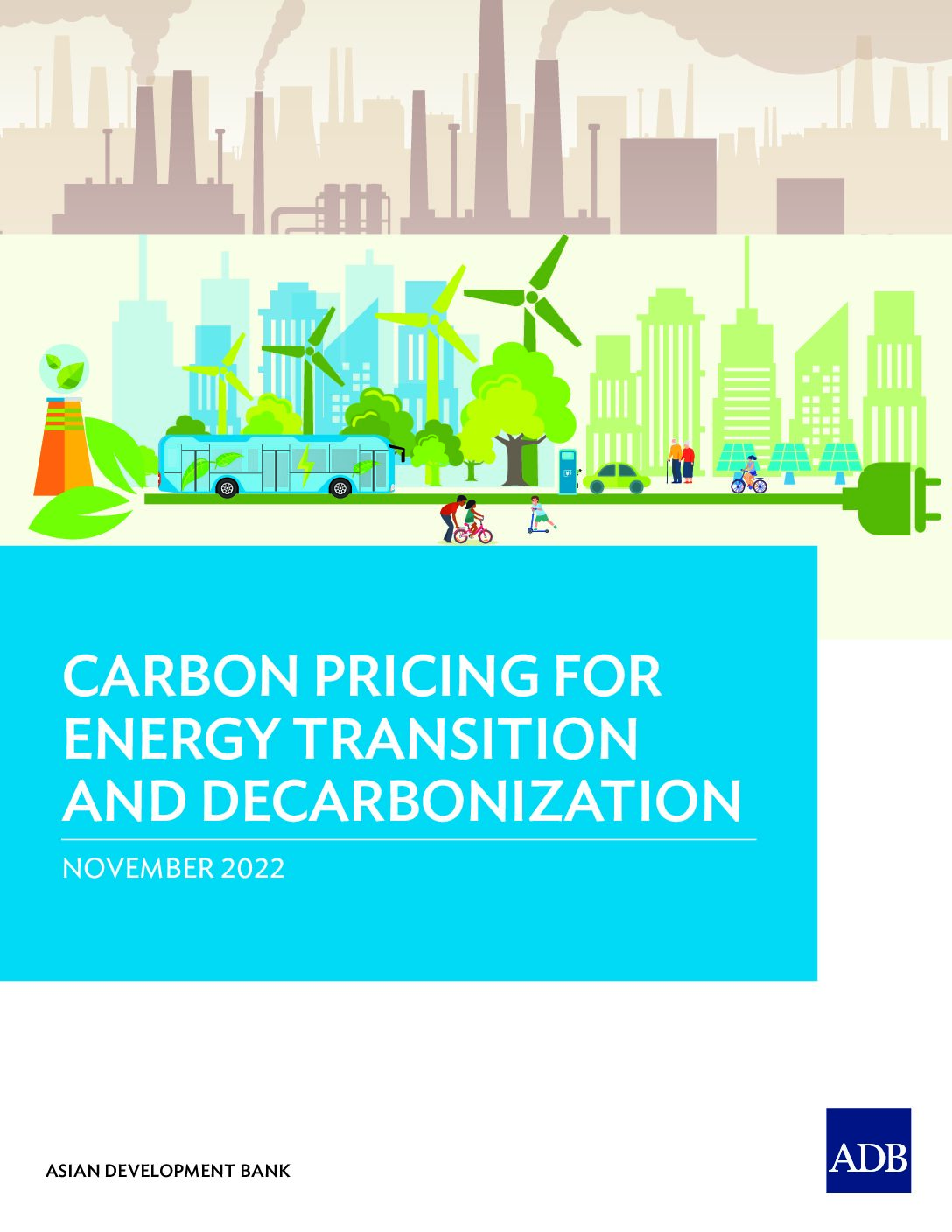This report describes an approach to gender-responsive pedagogy by working with faculty in higher education to build an awareness of gendered stereotypes and biases in their teaching and learning, and, from there, explore new practices.
This report compiles a collection of case studies from around that world that showcase programmes designed to address skills development of workforces for energy transitions.
This report aims to assess: the scale of the need for reskilling and upskilling to realize the employment potential of the transition to environmental sustainability (the “green transition”); changes in occupations, skills gaps and skills shortages in meeting the skills demand of the green transition; progress made since 2011 in the countries surveyed then in […]
This report aims to help local governments understand various financing instruments and sources available to them to meet climate investment needs.
This report presents key data trends in gender-responsive blended finance, examines five good-practice gender-responsive blended climate finance vehicles, and highlights key challenges and recommendations.
This report draws on nearly 50 case studies, on different energy transition-related sectors and issues and from all over the world, to distill recommendations for priority actions to get more investment flowing to under-served areas.
This report highlights the main challenges and opportunities in energy transition financing from a regional perspective, highlighting commonalities and differences across Africa, Asia and the Pacific (APAC), Europe, and Latin America and the Caribbean (LAC).
This report explores ways to identify and mitigate energy transition investment risks in the low- and middle-income countries, pointing out 1) that better energy planning can attract greater investment in renewable energy, 2) that sustainable fuels will play an important role in delivering the energy transition, and 3) that the social dimensions of the transition […]
This paper underscores the need for sustainable utilities to deliver the energy transition in lower- and middle-income countries, and provides recommendations to governments and other stakeholders.
This study offers insights on how well-designed carbon pricing instruments can play a role in accelerating efforts toward energy transition and decarbonization.

